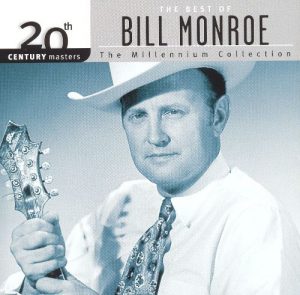The Food of the Gods
Book written by H. G. Wells
The way I picture it all starting is a bunch of early humans sitting around the fire at night feeling nervous and bored. No one particularly wanted to wander to far from the light and warmth. Language had evolved far enough that they could communicate concrete ideas pretty well plus enough abstractions that they could plan a hunt or a forage.
One of the people starts talking about the thing that they saw or that they did. Then, someone else makes a comment and even starts telling the story again, but this time they get a few laughs. People relax just a tiny bit. The next night, they ask the second person to tell the same story again. This teller of tales gets better at the story, but soon enough, people want a new story.
The storyteller works his way through his fellow tribes-people, making each the center of a tale. With practice, the storyteller realizes that they can control the way that people think about events. If someone behaved badly while out foraging, it only mattered if it made it into that night’s fireside chat.

Naturally, people develop all sorts of ways of recording stories- words, paint, music- technology allows all of these to be captured- technology impacts the way all of them are created.
Storytellers, somewhere long, long ago,
start embellishing the stories with details that are clearly fictitious. Sometimes the audience notices. Occasionally they care. Sometimes the author explicitly declares that they have made parts up.
The interesting discovery about fiction, if you are a storyteller, is that you can say some pretty outrageous things and people enjoy it. Powerful people behaving like buffoons turns out to provide a steady stream of income. Monsters that exist in faraway lands are always good for galvanizing an audience. Faraway lands become other planets, after a while.
Science opens up a whole new vista of fears that can be examined. What if things could be made invisible? What if you could sit in a machine that traveled through time?
Of course, any writer worth his salt isn’t going to take one idea and not examine a host of other matters. Thanks to Irwin Allen (The Towering Inferno) and the local television channel showing the same movies every couple months, I learned early on that Wells wrote more then classic science fiction.
Thanks to the movies, I tended to think of Wells as a master innovator more than a brilliant writer. I had forgotten how smooth his books read when I was young. I had also missed the social commentary, being far more interested in the adventure aspects.
Then, stumbling on The Food of the Gods– the man was funny. And he could wield a nasty sense of anger, too. Perhaps Irwin Allen was onto something casting the Marx Brothers in his all star spectacular.
What’s it all about?
You’ve Got to Check This Out is a blog series about music, words, and all sorts of artistic matters. It started with an explanation. 64 more to go.
New additions to You’ve Got to Check This Out release regularly. Also, free humor, short works, and poetry post irregularly. Receive notifications on Facebook by friending or following Craig.
Images may be subject to copyright.

